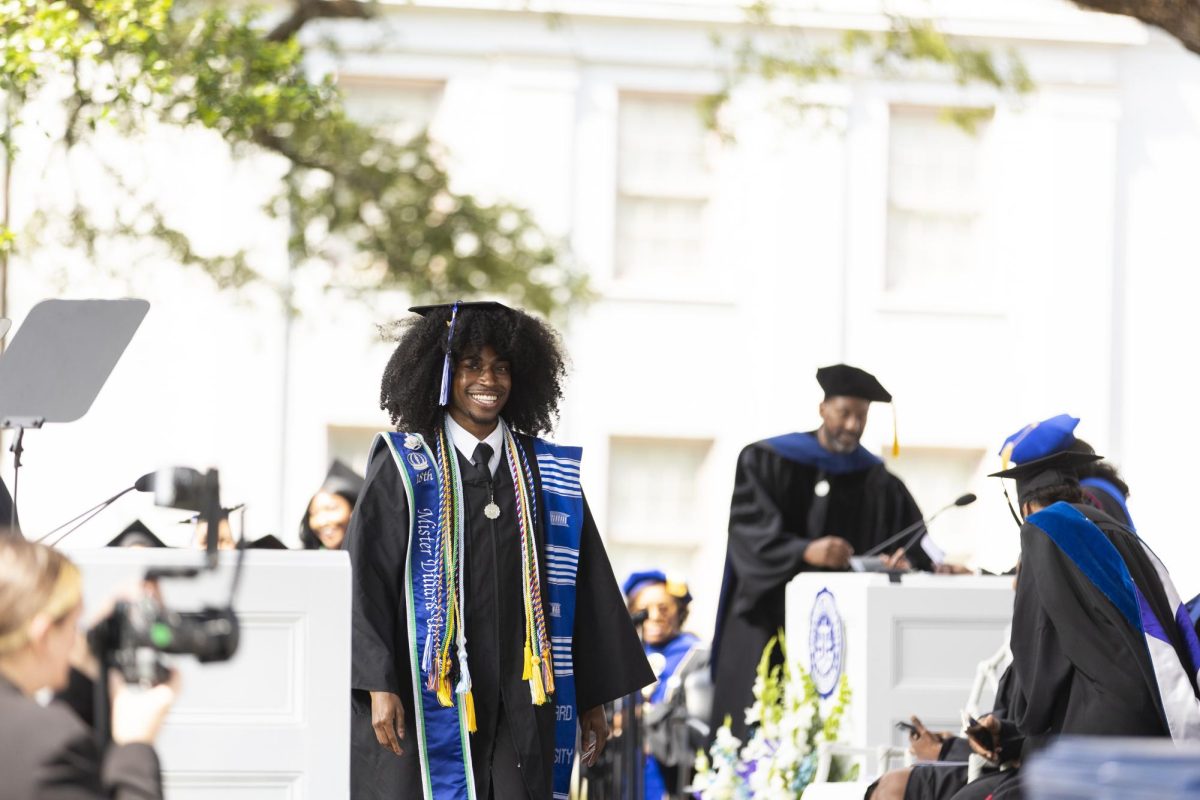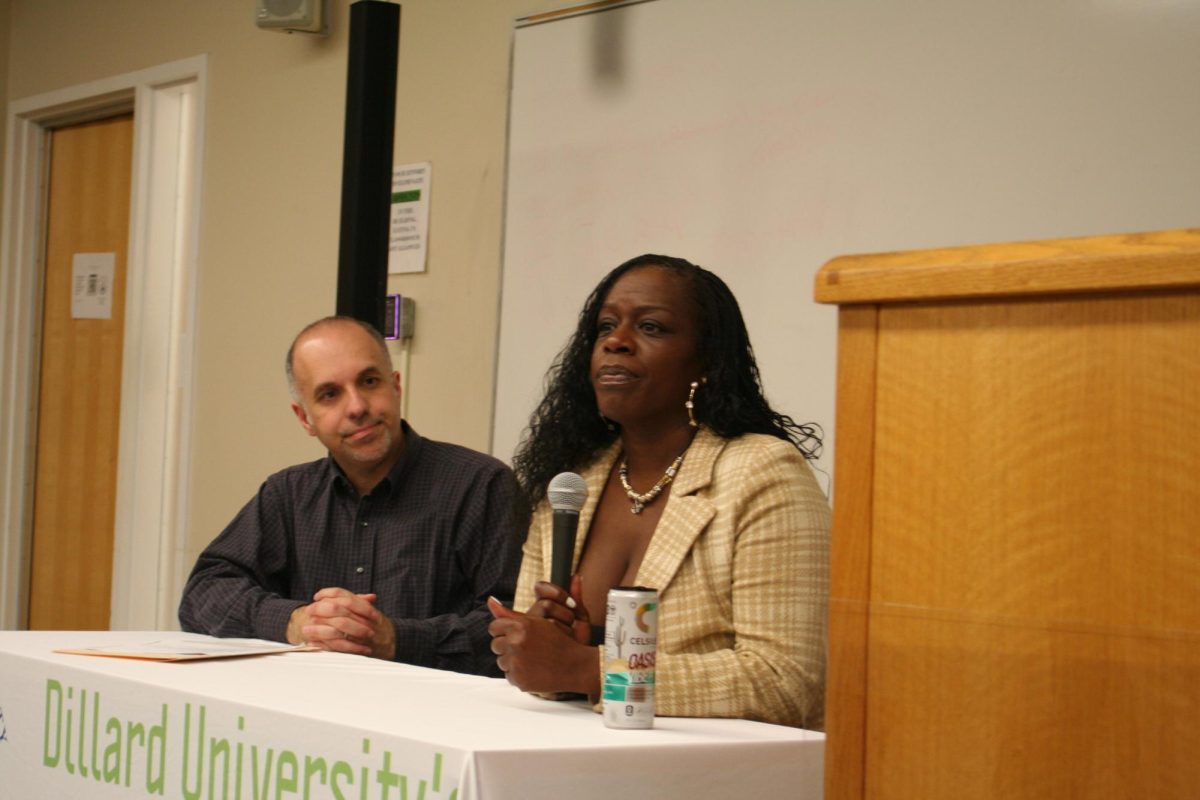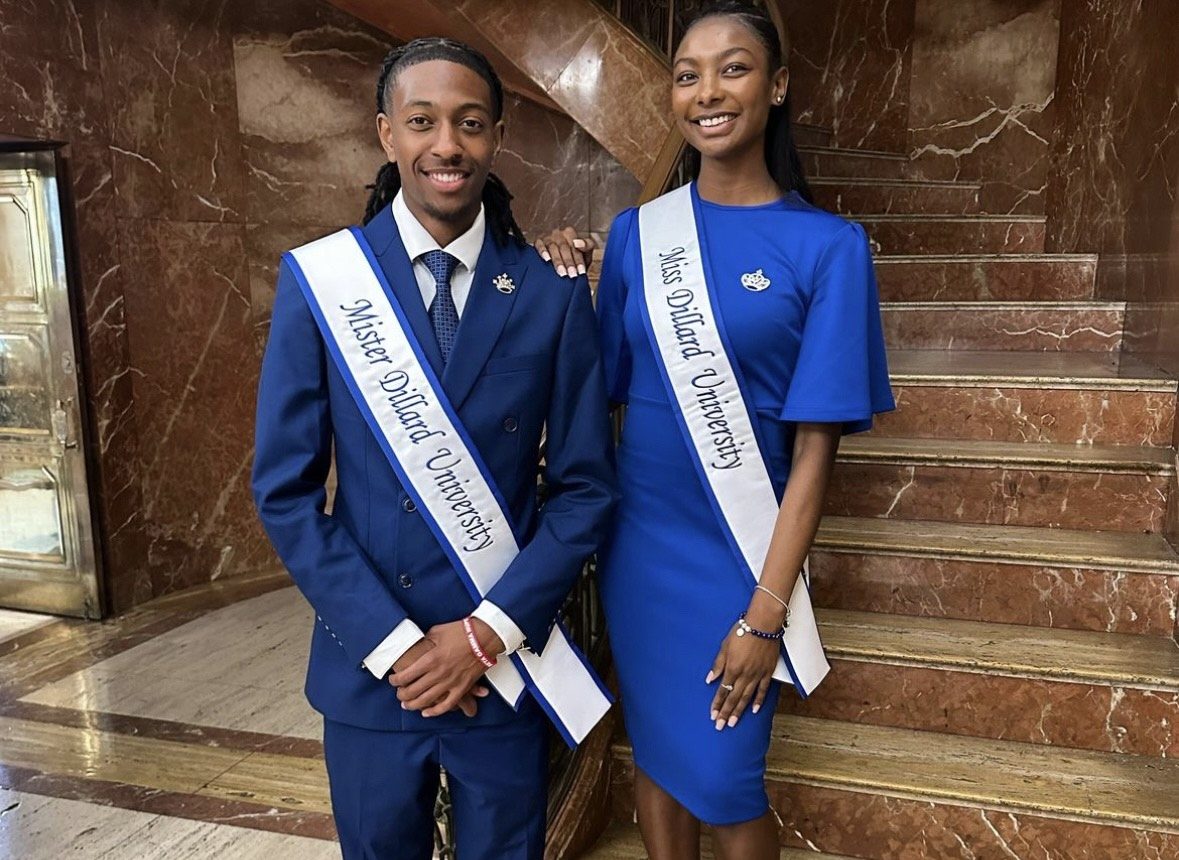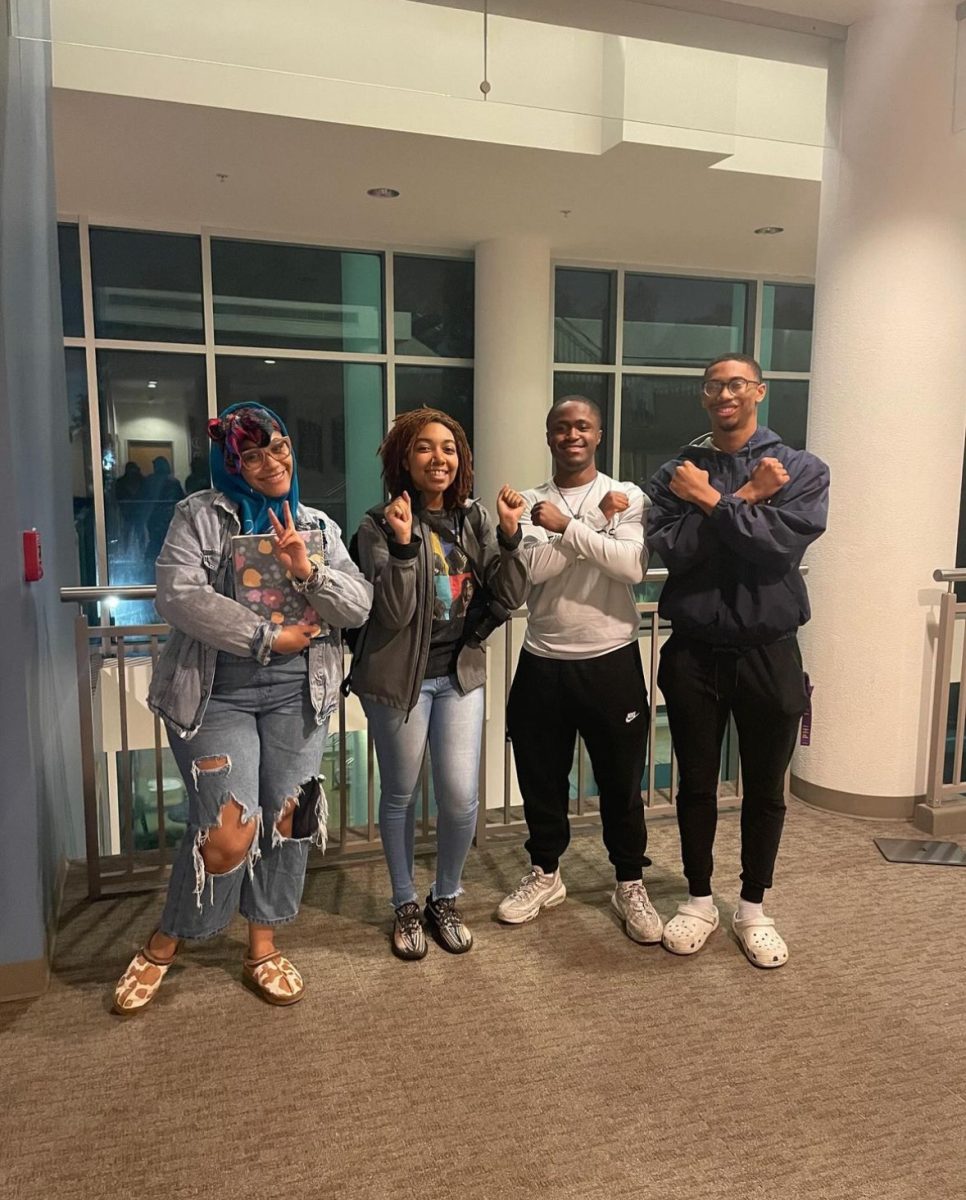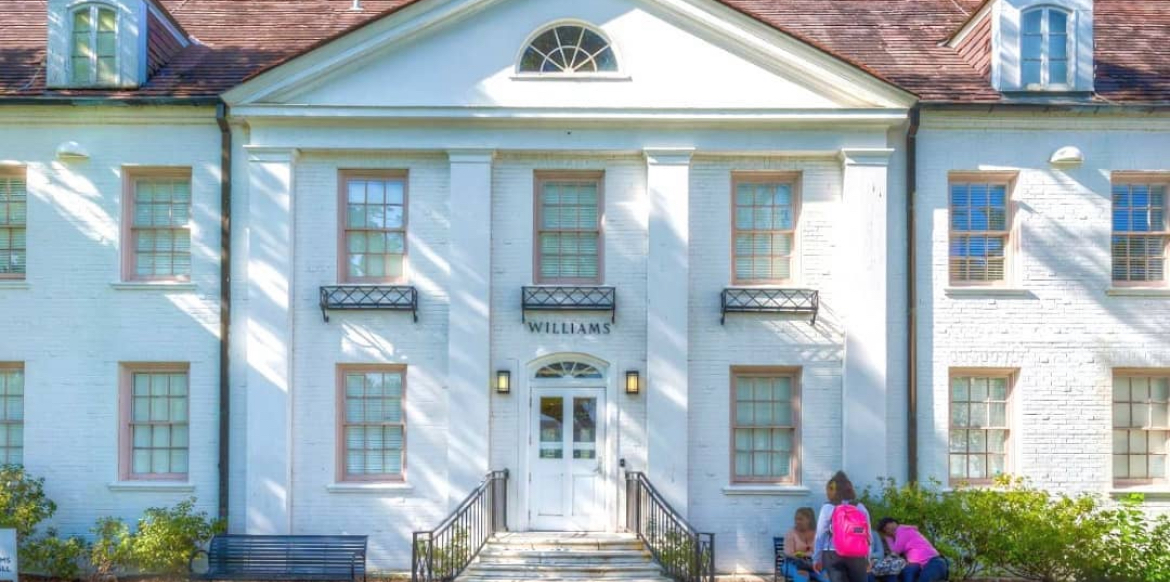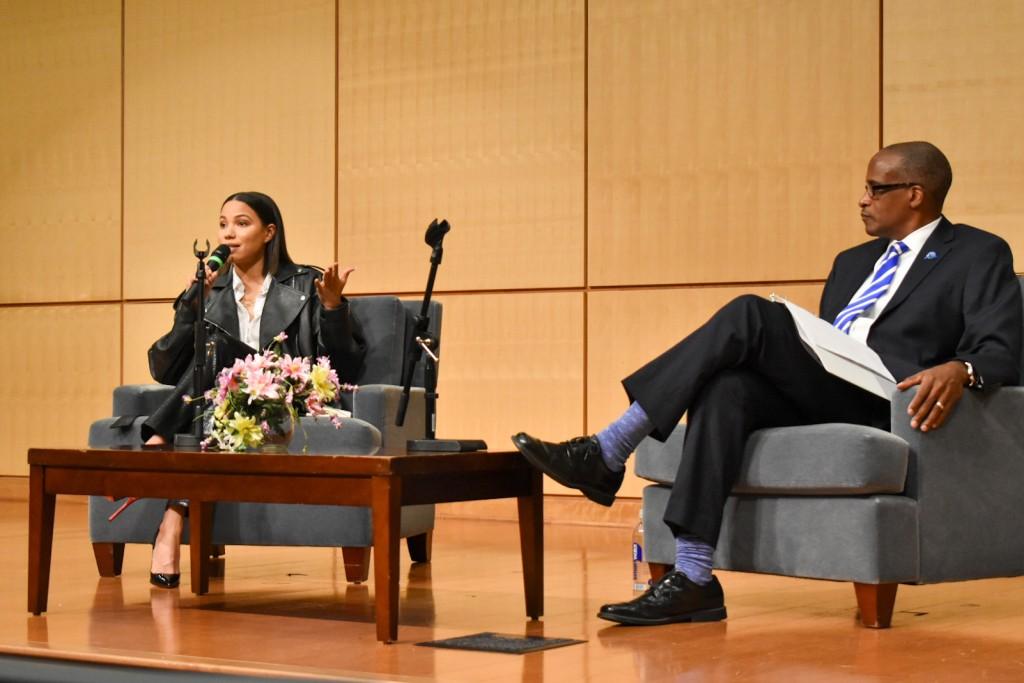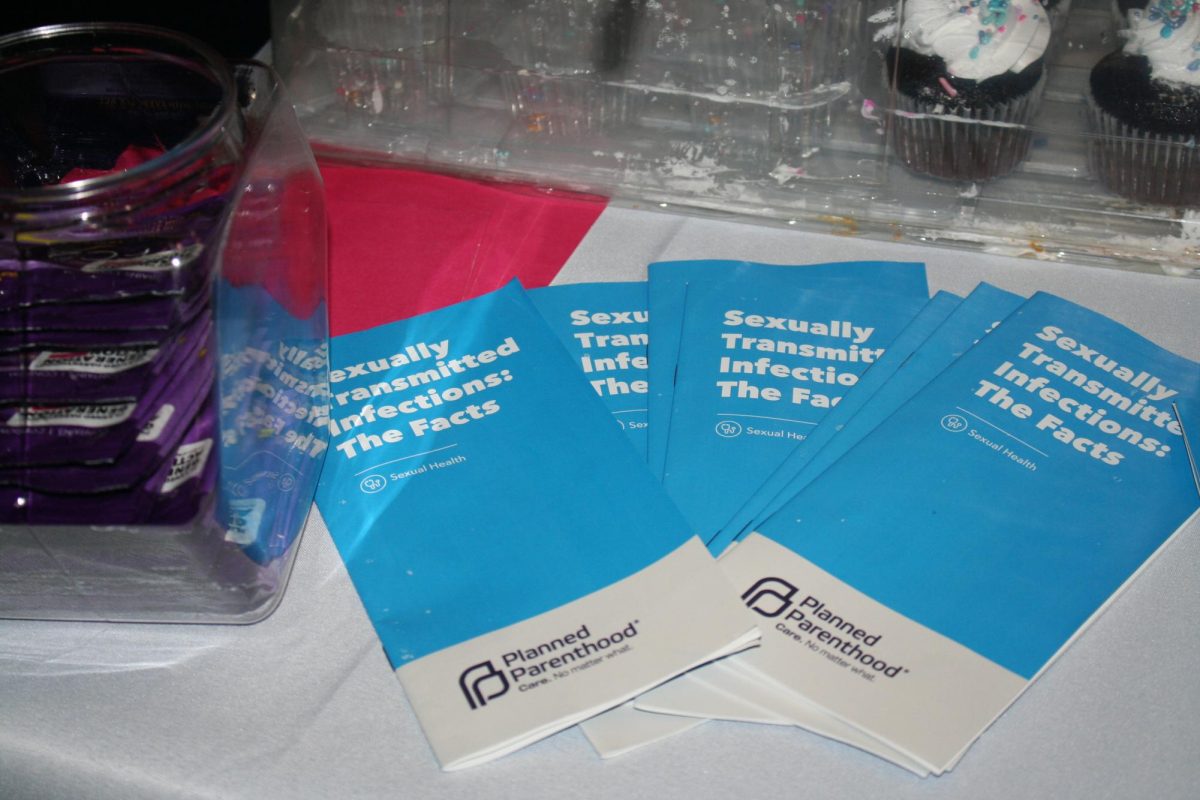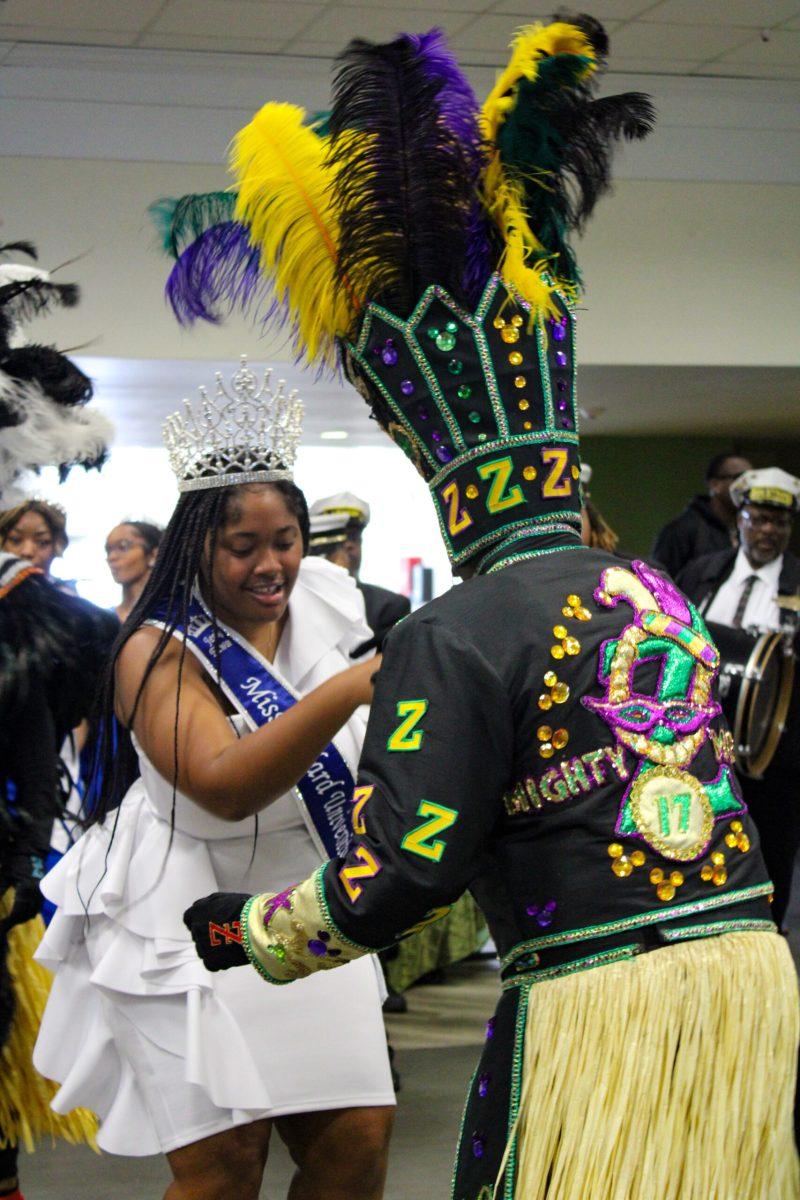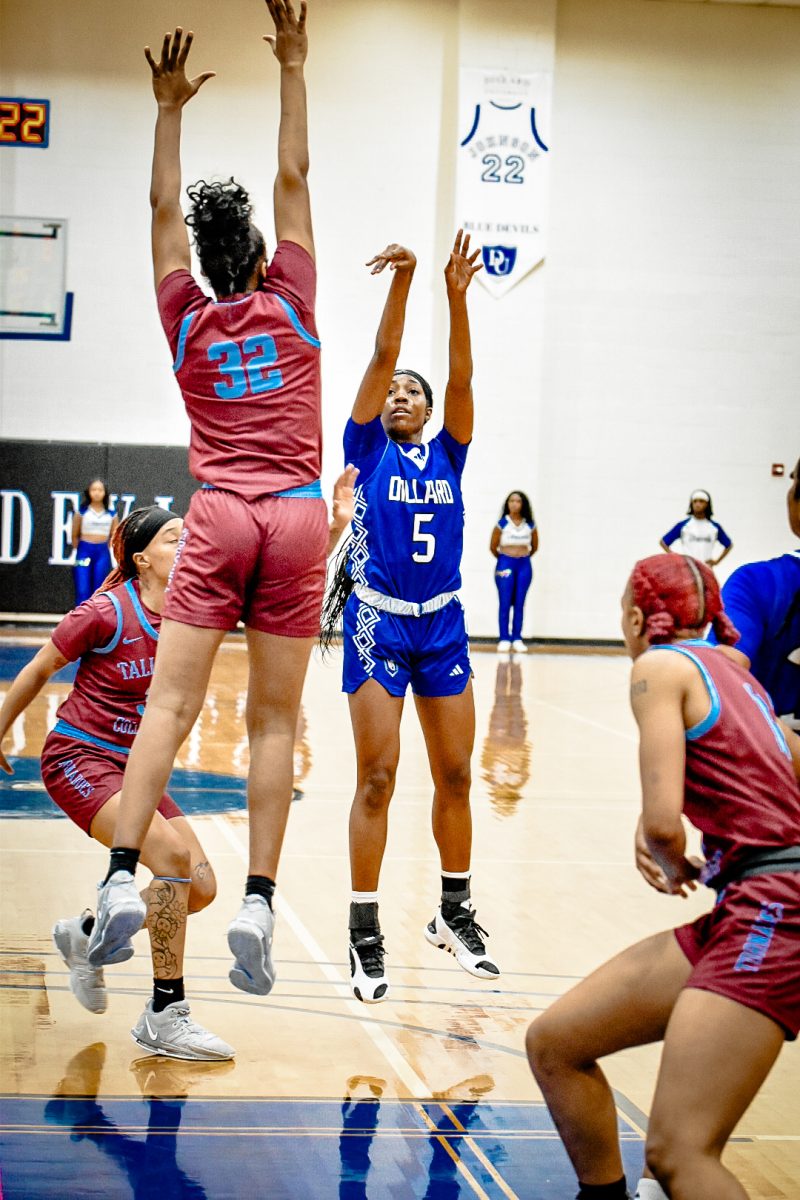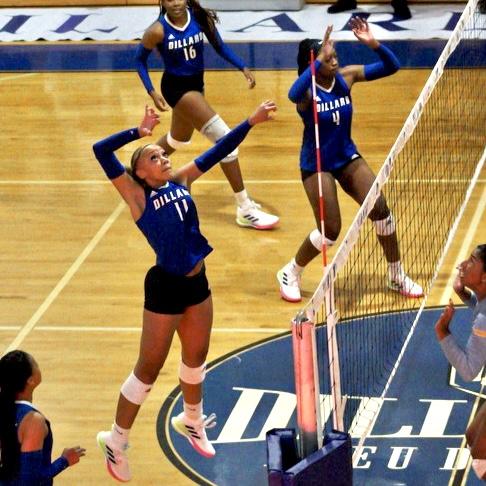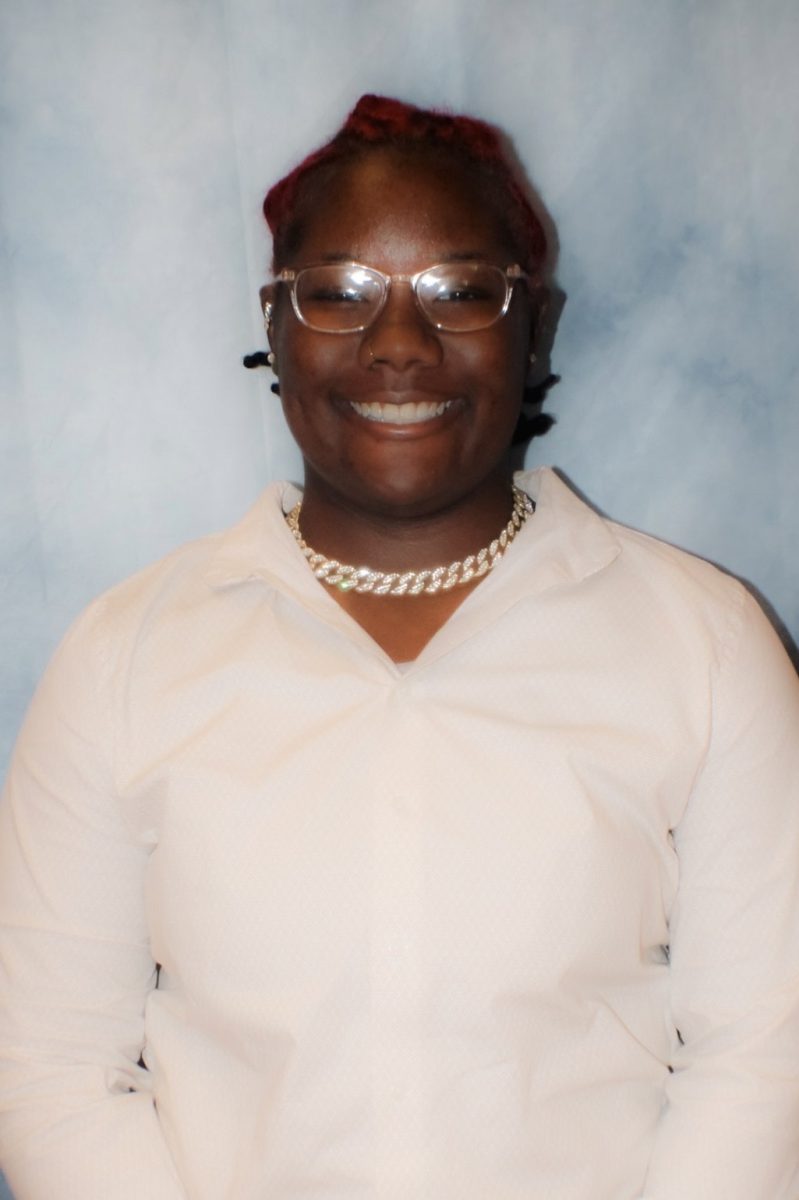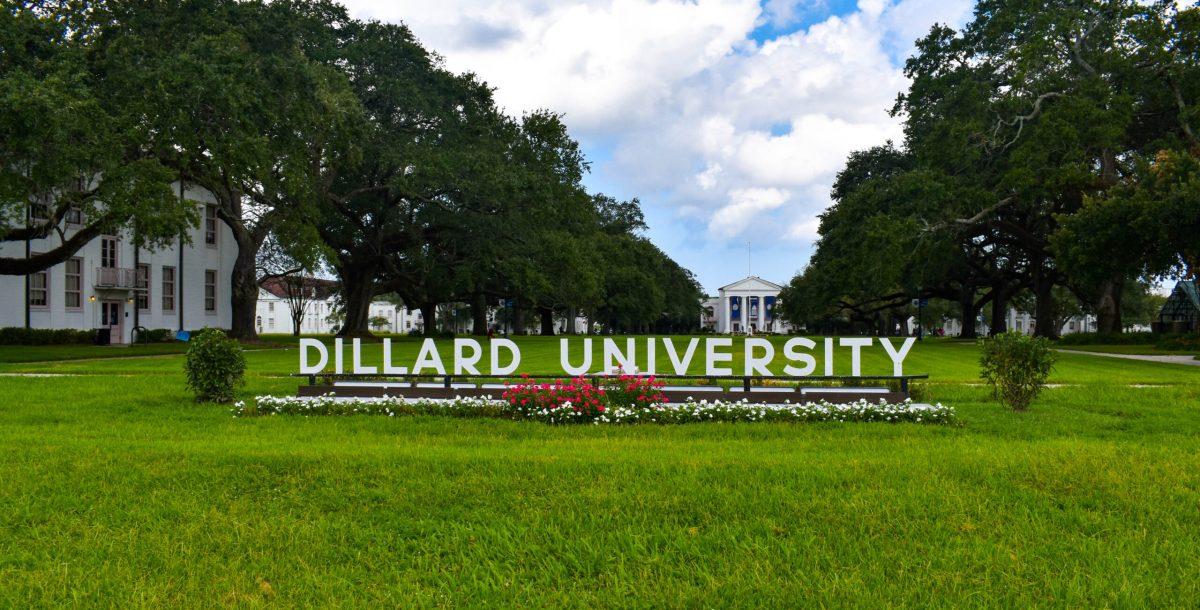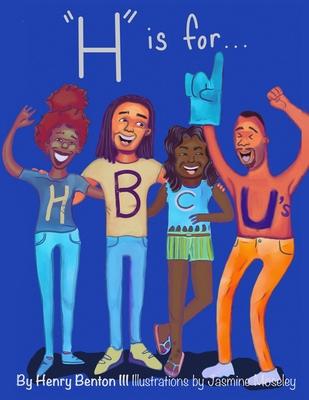Faculty members of Dillard University’s Division of Education and Psychological studies recently gave a helping hand to Guinean elementary students of a poor country in West Africa. Approximately 40+ students were spotted encircling one textbook in a small classroom surrounded by plain walls with only a blackboard front and center.
The staff went on a total of four trips to Guinea, typically lasting at least seven days, with the most recent being from May 12, 2006- May 21, 2006. According to Dr. Anthony J. Aramburo, an assistant professor and the Textbook for a Global Society (TAGS) project director for Dillard University, “education in most of Africa is adversely affected by limited funds and lack of adequate numbers of teachers, classrooms and learning materials.”
President Bush has an Africa Education Initiative (AEI), which is a $600 million multi-year plan that focuses on increasing access to quality basic education in Africa through scholarships, textbooks, and teacher training programs.
Dillard’s Division of Education and Psychological studies was assigned the TAGS Initiative for two years from 2003-2005, in which the objective is to provide as many textbooks as possible to schools in Guinea. Dillard University was one of five historically black college universities that were approved to receive a grant to participate in the TAGS plan.
Aramburo, along with consultants, Dr. Patricia Morris, co-dean; Patricia Ventura,
assistant professor and former assistant professor Dr. Tammie Causey- Konate are ongoing representatives of Dillard involved in developing textbooks containing specifically Guinea customs in order for the students to pursue their education.
Aramburo said when the team traveled to Guinea on their first trip; they visited classrooms where they had a student/textbook ratio of 46:1.
Also, Aramburo said that by the second year the Dillard team had completed a series of two books in language arts and reading for first, second, third and fourth graders. “When the team went to Guinea this last time we saw every student with a textbook instead of 40+ students sharing one textbook which was quiet satisfying,” said Aramburo.
“Within the first year of our work we were able to print a first-grade and second-grade book in language arts and reading and distribute 500,000 copies to all the schools in Guinea,” said Aramburo.
Aramburo pointed out that almost all of the schools they visited on their second trip had about a 1:1 student/textbook ratio. He also said that they developed a teacher’s guide to go along with the textbooks.
”Our team from Dillard University was the only HBCU out of the five involved with the TAGS initiative to write, test, print and distribute textbooks in French all in one year,” Aramburo said.
Furthermore, faculty of the Division of Education and Psychological studies not only helped Guinea students by providing them with textbooks but also giving them the opportunity to get a higher education in the United States.
According to Aramburo, Dalanda and Ousmane Diallo, both whom are Guinean students were instrumental in working on the reading, editing and translation of the two textbooks. Before Hurricane Katrina, Dalanda studied at UNO and worked with the TAGS team at Dillard and Ousmane is currently trying to come to the U.S to further his English language proficiency and possibly attend Dillard University.
Due to the fact that the contract with USAID (United States Aid) and Dillard ended because the TAGS Initiative was only issued for two years, “The staff has been busy looking for additional funding sources to continue the work in developing not only textbooks, but other learning material for the teachers and students of Guinea,” said Aramburo.
“The trip was very exciting and interesting. The Division of Education and Psychological studies had a strong impact on the education process in Guinea and I am proud to have contributed,” said Morris.

